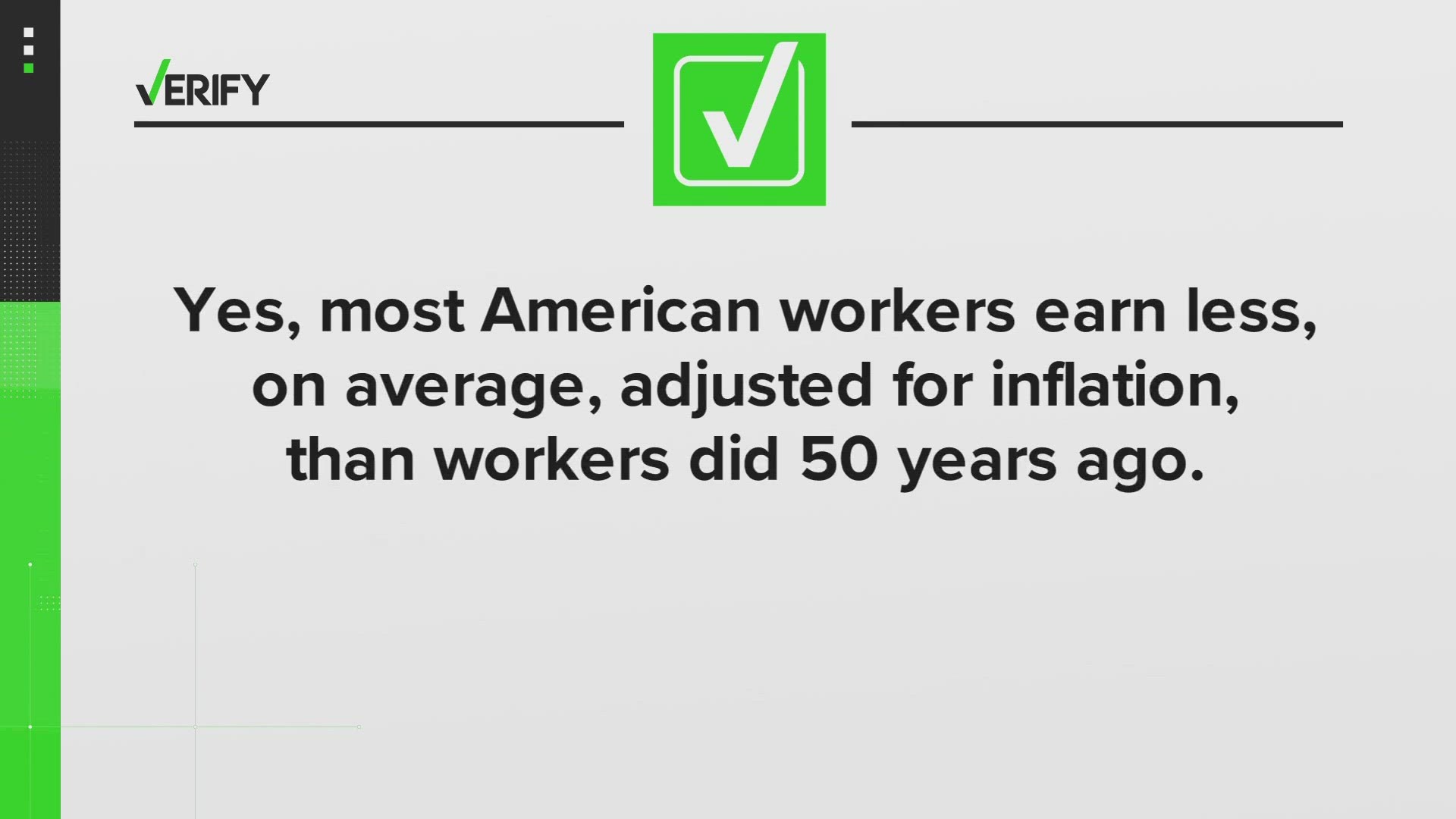WASHINGTON D.C., DC — The workweek ends for most people on Friday evening. But if Sen. Bernie Sanders (I-Vermont) had his way, it might end a day earlier.
Sen. Sanders introduced a bill Thursday morning to drop the standard work week from 40 hours to 32. It would also mandate overtime pay of at least 1.5 times regular wages after eight hours in a day, and double pay after 12 hours in a day. The bill, whose text was not posted online at the time of publication, is the Senate companion of a House bill sponsored by Rep. Mark Takano (D-California).
Sanders spoke of the need for a reduced work week during a committee hearing. He said advances in technology have greatly increased worker productivity in the United States but the 40-hour work week has remained unchanged for more than 80 years since the Fair Labor Standards Act was first enacted. He also claimed that American employees work more than people in other nations and earn less than in previous generations.
Here are two claims Sen. Sanders made during the hearing.
CLAIM #1
“The sad reality is, Americans now work more hours than the people of any other wealthy nation.”
SOURCES
ANSWER
The average American works more than people in most wealthy countries, but not all.
WHAT WE FOUND
According to the Organisation for Economic Co-operation and Development (OECD), the average American worker logged 1,811 hours in 2022, the most recent year for which data are available.
Among the countries in the top 15 of gross domestic product, only people in two worked more than Americans: the average Mexican worker worked 2,226 hours and the average South Korean worked 1,901 hours.
Sen. Sanders mentioned Germany, Japan, and the United Kingdom as comparable countries where people spent much less time at work than the United States. Per the OECD, Japanese workers worked 204 fewer hours on average, British workers worked 279 fewer hours, and German workers worked 470 fewer hours, the equivalent of nearly 12 weeks under the current 40-hour standard.
CLAIM #2
“Despite these long hours, the average worker in America makes almost $50 a week less than he or she did 50 years ago after adjusting for inflation."
SOURCES
- U.S. Bureau of Labor Statistics
- Federal Reserve Bank of St. Louis
ANSWER
The majority of American workers earn less now than people in the same types of jobs five decades ago.
WHAT WE FOUND
Bureau of Labor Statistics (BLS) data for all private sector, non-farm employees go back to 1979. It shows a consistent increase over time, with inflation factored in. Between the first quarter of 1979 and the fourth quarter of 2023, wages rose nearly 11 percent on an inflation-adjusted basis.
However, the Senator's staff told the Nevada Independent last year that he based a similar claim on data specific to production and nonsupervisory workers. BLS data show that 80.2% of all workers fall into this category.
According to the Federal Reserve Bank of St. Louis, those workers earn less today than five decades ago. The most recent data are from August 2023. When calibrated to account for inflation, the average worker earned 3.2% less than workers in August 1973.












